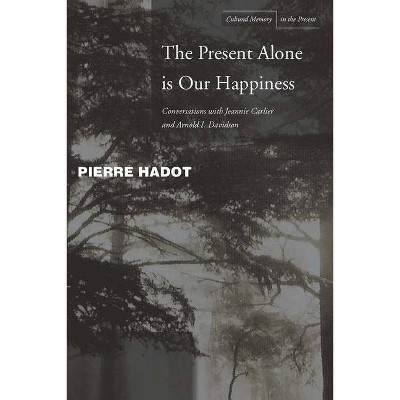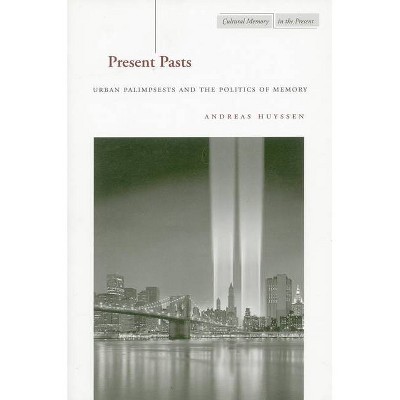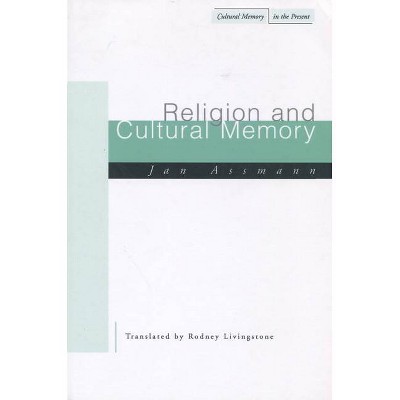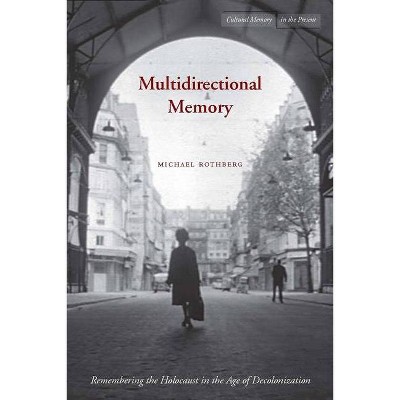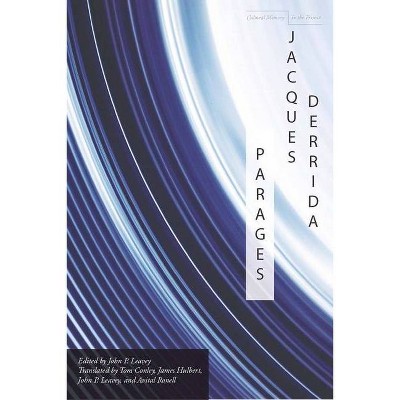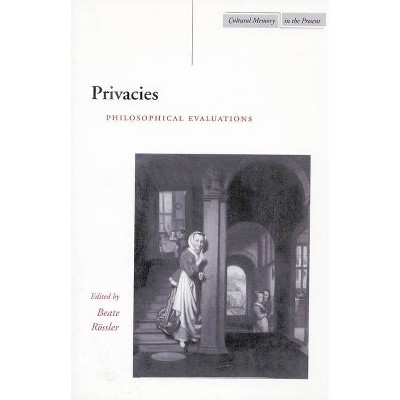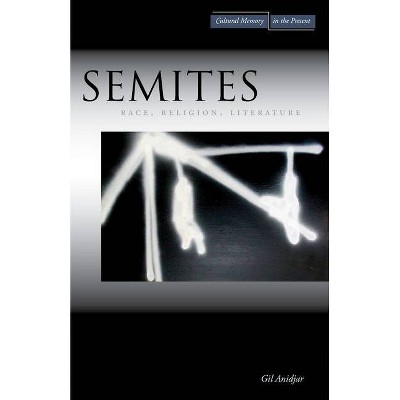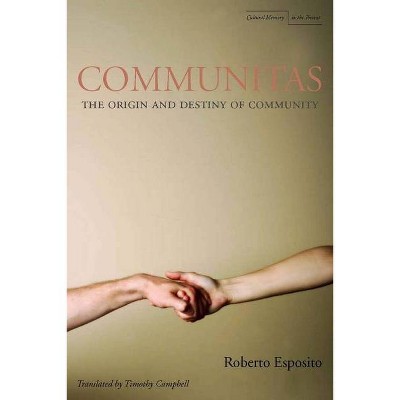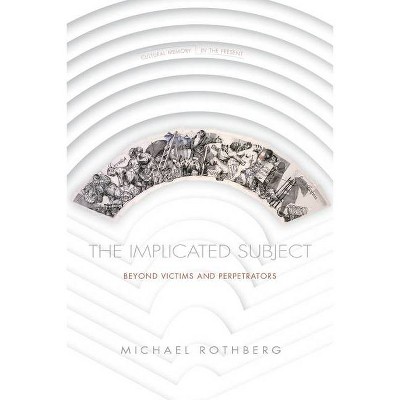The Present Alone Is Our Happiness, Second Edition - (Cultural Memory in the Present) 2nd Edition by Pierre Hadot (Paperback)
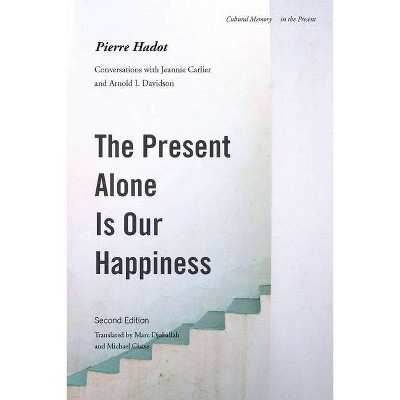
Similar Products
Products of same category from the store
AllProduct info
<p/><br></br><p><b> About the Book </b></p></br></br>In this book of brilliantly erudite and precise discussions, which also serves as an introduction to Pierre Hadot's more scholarly works, Hadot explains that for the Ancients, philosophy was not reducible to the building of a theoretical system: it was above all a choice about how to live one's life.<p/><br></br><p><b> Book Synopsis </b></p></br></br><p>One of the most influential historians of ancient philosophy of the past half-century, Pierre Hadot was adept at using ancient philosophers to illuminate the relevance of their ideas to contemporary life. This new edition of <i>The Present Alone is Our Happiness</i>, which has been significantly revised and expanded to include two previously untranslated essays, is an ideal introduction to some of Hadot's more scholarly work. In it, we discover that to be an Epicurean is not merely to think like one; it is to adopt a way of living where limiting desires is the condition for happiness. Being an Aristotelian, similarly, is to choose a life that involves contemplation, and being a Cynic is to follow Diogenes in his refusal of quotidian convention and the mentality of ordinary people. If so many ancient philosophers founded schools, Hadot explains, it was precisely because they were proposing how to live life on a daily basis. We learn here that the history of philosophy has been something more than just that of a discourse. The founding texts of Greek philosophy, after all, were notes taken from oral exercises undertaken in concrete circumstances and contexts, most often a dialogue between students and specific interlocutors who meant to shed light on their students' real existence. The immense contribution of this book, which also traces Hadot's own personal itinerary in a touching manner, is to remind us, through direct language and numerous examples, what the theoretical aspect of philosophy often masks: its vital and existential dimensions.</p><p/><br></br><p><b> Review Quotes </b></p></br></br><br>Hadot's refreshing efforts to free philosophy and its history from the sterile constraints of abstract theorizing and academic specialization find a lively and productive outlet in the interviews collected here. Introduced by Jeannie Carlier, a French scholar of Neo-platonic religious thought and friend of Hadot, and conducted in turns by Carlier and Arnold Davidson, the American philosopher and intellectual historian most responsible for the introduction and dissemination of Hadot's work in English-speaking contexts, these conversations explore in depth and varied detail both the personal and the intellectual development of a scholar whose own work insists above all that the personal or existential cannot rightly or fruitfully be separated from the intellectual or philosophical. Enacting the kind of dialogue that Hadot believes essential to any philosophy that would constitute a living relation between persons rather than an abstract relation to ideas, these interviews could not find a more suitable subject.--Thomas A. Carlson "University of California, Santa Barbara"<br><p/><br></br><p><b> About the Author </b></p></br></br>Pierre Hadot (1922-2010) was Professor Emeritus at the Collège de France, where he held the Chair of the History of Hellenistic and Roman Thought. Most of his major works have been translated into English, including <i>Philosophy as a Way of Life</i> (1995), <i>What is Ancient Philosophy?</i> (2004), and <i>The Veil of Isis</i> (2004). Arnold I. Davidson is Robert O. Anderson Distinguished Service Professor at the University of Chicago and Professor of the History of Political Philosophy at the University of Pisa. He has written widely on contemporary French philosophy, is the English language series editor of Michel Foucault's courses at the Collège de France, and is the author of <i>The Emergence of Sexuality</i> (2001). Jeannie Carlier is Professor at the École des Hautes Études en Sciences Sociales. She has published essays on philosophy and religious practices in late antiquity and is a specialist in Neoplatonism.
Price History
Cheapest price in the interval: 22.99 on October 22, 2021
Most expensive price in the interval: 22.99 on December 20, 2021
Price Archive shows prices from various stores, lets you see history and find the cheapest. There is no actual sale on the website. For all support, inquiry and suggestion messagescommunication@pricearchive.us
